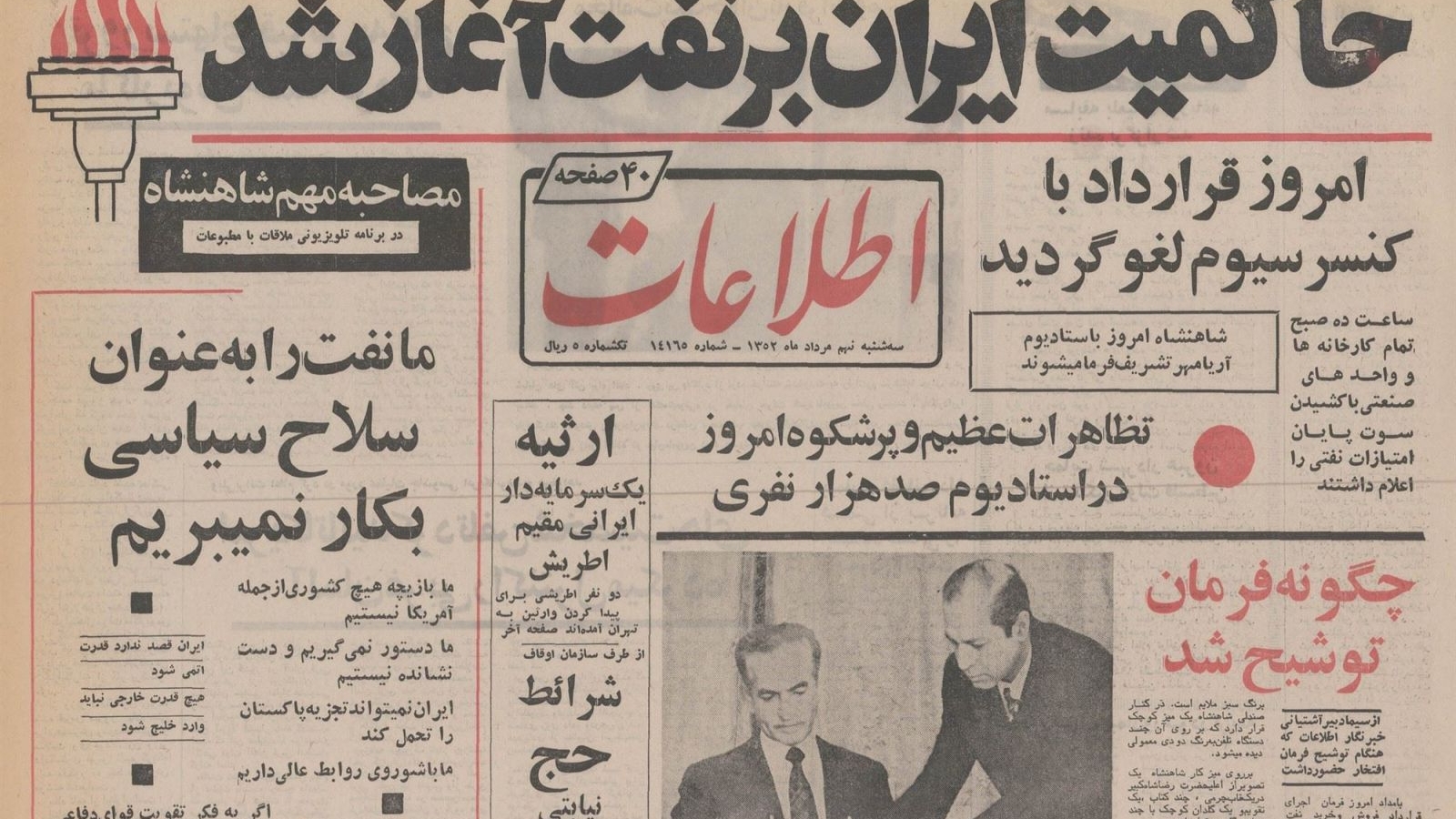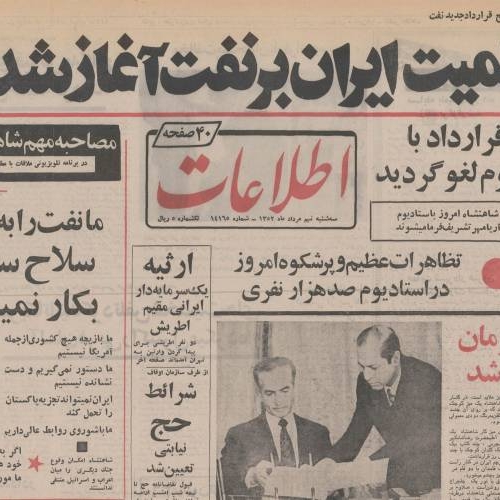Iran made significant progress during the Pahlavi era

Iran's economy in the Pahlavi period
Iran's economy made remarkable progress during the Pahlavi dynasty's rule, which is more favorable in comparison with the experience of countries such as Turkey and Egypt, which were in a better position in terms of development after the First World War.
VIran's economy made remarkable progress during the Pahlavi dynasty's rule, which is more favorable in comparison with the experience of countries such as Turkey and Egypt, which were in a better position in terms of development after the First World War.
Reza Shah's rule was characterized by nationalistic and self-sufficient economic policies, the replacement of the economic system of inclusive foreign commissions in the Qajar period, with state monopolies and direct government involvement in large production and infrastructure investments. His model was Kemal Atatürk's reform and modernization policies in Türkiye. Reza Shah established a government monopoly on foreign trade, exercised strict control over foreign exchange, established the first National Bank of Iran, tried to take over the printing of banknotes from the British-owned Shahi Bank, initiated important reforms in the legal system, and enacted laws which left effects in the fields of education, public health, government bureaucracy and forced military recruitment. Although Reza Shah's economic program was driven more by nationalist fervor than a comprehensive development strategy, there is no doubt that his economic and social reforms played a key role in rescuing Iran from the economic and political anarchy that plagued the country after World War I.
At first, the occupation of the country by the Allies during the Second World War and the resulting political uncertainties did not allow Mohammad Reza Shah to exert much influence on the economic or social policy. This initial period lasted until the overthrow of Mohammad Mossadegh from the prime ministership in August 1954, and it was characterized by intense economic and political struggle over the control of oil, one of the country's most valuable resources. By consolidating his power and gaining the strong support of the Kennedy government in America, Mohammad Reza Shah continued his father's secular reform program and initiated a series of economic and social reforms that, together with steadily increasing revenues from oil exports, enabled the economy to experience one of the most impressive periods of growth. To experience stability and low inflation. In the period 1963–77, the total output of the economy, measured by GDP at constant prices, grew at an average annual rate of 10.5 percent, while price increases were limited to average annual rates of between 2.6 and 3.0 percent. have been
